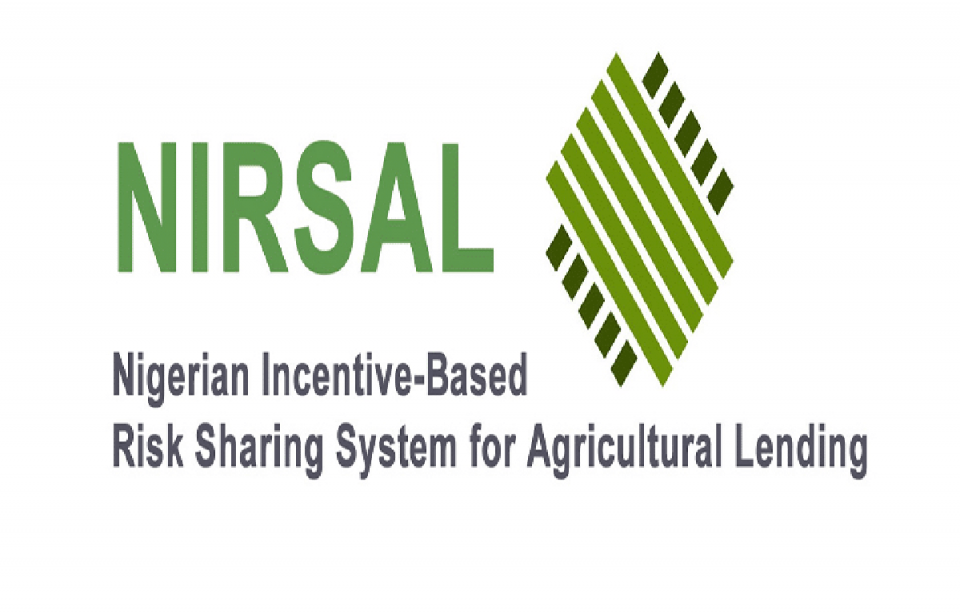In the recent past, access to Central Bank of Nigeria (CBN) interventions has been expanded to cover many sectors that had not been able to benefit from funding.
Recently, the apex bank, in a report, released the framework for NIRSAL Microfinance Bank (NMFB) to commence the disbursement of N75 billion Nigeria Youth Investment Fund (NYIF).
This was contained in a CBN’s report, titled:, released on Wednesday.
According to the report, titled, ‘Framework for the operation of the NIRSAL Microfinance Bank window of the Nigeria Youth Investment Fund,’ N75 billion was approved by the Federal Executive Council (FEC) on July 22, 2020 for the establishment of the NYIF for a period between 2020 and 2023, dedicated to investing in the innovative ideas, skills and talents of Nigerian youth.
The NYIF was also developed to institutionally provide youth with a special window for accessing much needed funds, finances, business management skills and other inputs critical for sustainable enterprise development.
Tasking Accountants On Disruptive Technologies, Innovations
The report showed that the NYIF targets young people between ages 18-35 years and with the ministry of youth and sports development, responsible for budgetary provisions and for funds mobilisation.
CBN said the NYIF aims to financially empower Nigerian youth to generate at least 500,000 jobs between 2020 and 2023 while the NMFB window will be funded with an initial take-off seed capital of N12.5 billion.
The NYIF, like many other intervention funds, is facing several teething issues. The total value of intervention funds by the apex bank has been put at about N1.75 trillion.
Investigation shows that low interest income and lopsided credit risk burden may have hampered the disbursement of many of the special intervention funds of the apex bank and other Development Finance Institutions, DFIs.
Sources at the various financial institutions who are supposed to be the disbursement entities estimated the level of disbursement at about 10 per cent of the aggregate funds.
According to them the requirement that makes deposit money banks (DMBs) bear all the credit risks associated with disbursement of the funds has been the major drawback in the banks’ active participation.
Intervention funds are initiatives of the Federal Government aimed at providing subsidised loans, at low interests and long tenor to various sectors of the economy to fast-track private sector-led economic development.
CBN said it has undertaken about 36 such initiatives since 1962, about 25 currently ongoing, covering some major sectors of the economy, with focus on Agriculture, Manufacturing, Small and Medium Enterprises (SMEs) Infrastructure and Health.
The funds are mostly disbursed through commercial banks, but intended beneficiaries especially SMEs, have often complained of the difficulties encountered in accessing the loans.
Findings reveal that most banks are reluctant to play an active role in the disbursement of the funds because of what they perceive as an unattractive interest rate in addition to the risk burden which is completely on the banks.
Banks charge as high as 25 per cent interest rate on commercial loans but they earn as low as one percent from the intervention funds.
Some of the current intervention funds include N220 billion Micro Small and Medium Enterprises Development Fund (MSMEDF); N300 billion Real Sector Support Financing (RSSF); N500 billion Non-Oil Export Simulation Scheme (NESF); N200 billion Intervention Fund for Manufacturing Refinancing and Restructuring Facilities of Banks’ Loans; N300 billion Power and Airline Intervention Fund (PAIF); N250 billion Gas Intervention Fund; Agribusiness Small and Medium Enterprise
Investment Scheme (AGSMEIS) and; Anchor Borrowers’ Programme (ABP).
Reactions
Mr Olusegun Alebiosu, Chief Risk Officer of First Bank of Nigeria Limited, explained the typical concern of the banks: “For our customers to access any of the funds we have to issue our guarantee to CBN, they have to be our customers in order to access the fund.
“Unfortunately for banks, once we have given out our guarantees to CBN or Bank of Industry (BoI), on due date we must pay either the CBN or Bank of Industry (BoI). So, how do we ensure that customers will pay us back in such a way that we can also repay? It’s important for us, because why should I fund you; give guarantee when CBN or BoI will not lose a dime when you default? What they have just done is to make the funds available, but the credit risks stay with the banks. If you default in paying it is the bank that will refund that money to CBN or BoI. So if I’m the one that will refund the money if you don’t pay, why should I back the person that cannot pay?
“It is not risk-sharing, not that CBN or BoI will pay 50 per cent and I pay 50 per cent, no. I am taking 100 per cent risk on you and what am I getting back, what is the return to shareholders? If I do guarantee to BoI, it’s one per cent. Annually, AMCON (Asset Management Corporation of Nigeria) will take 0.5 per cent of that one percent. So, what comes to me as a bank, with all the risks I take, is 0.5 per cent. If you now default, I will be expected to pay back 100 per cent of that money. Where is the business?
Stephen Iloba, a Lagos-based analyst is of the opinion that, “The banks will have to devise means to see for themselves that it’s only the best customers that should benefit from such intervention funds. There is no way banks can support if you have not presented yourself in such a way that your business will be viable. Once we do that I think intervention funds will succeed more and Nigeria will grow more.”




